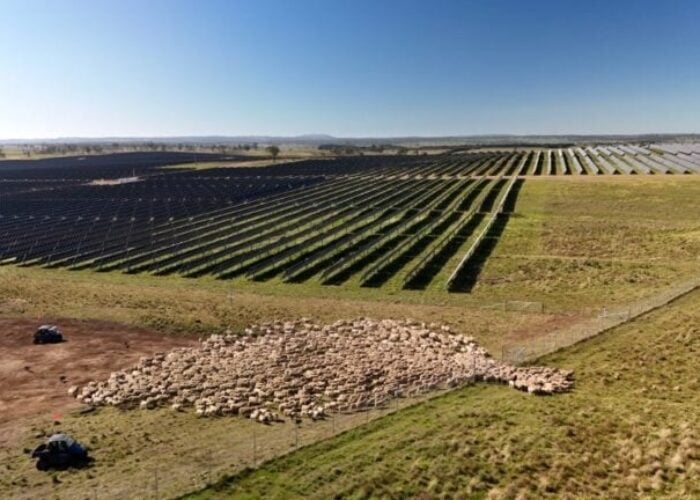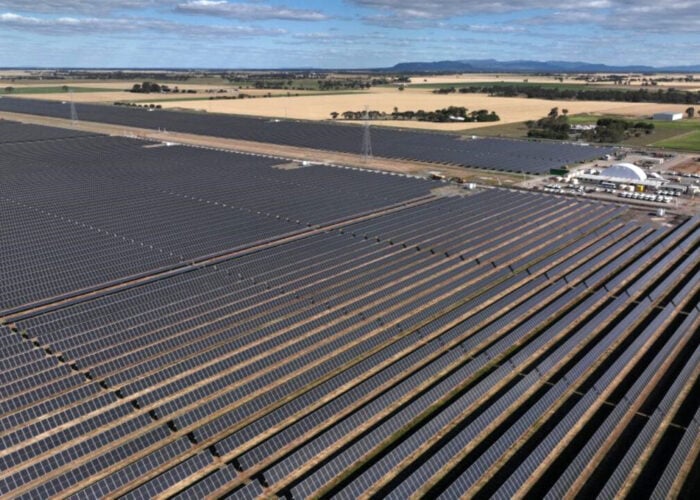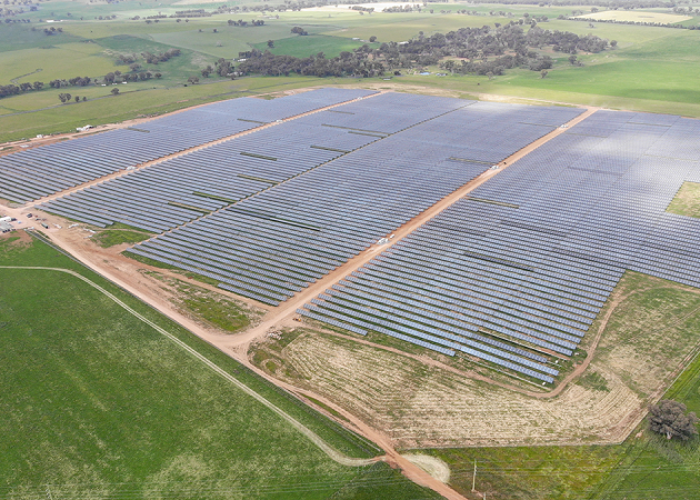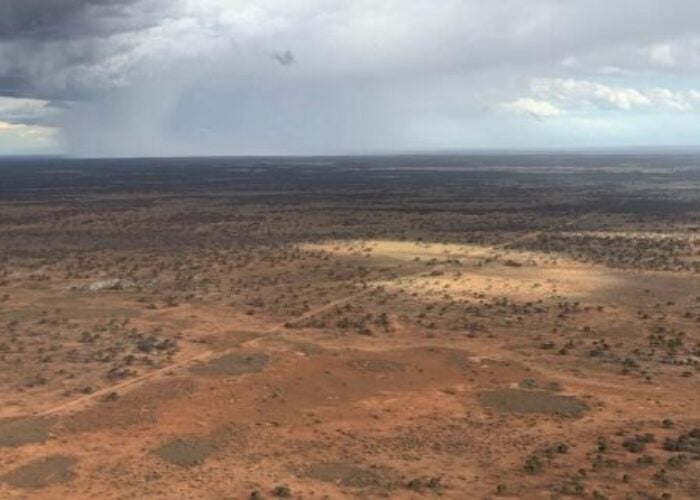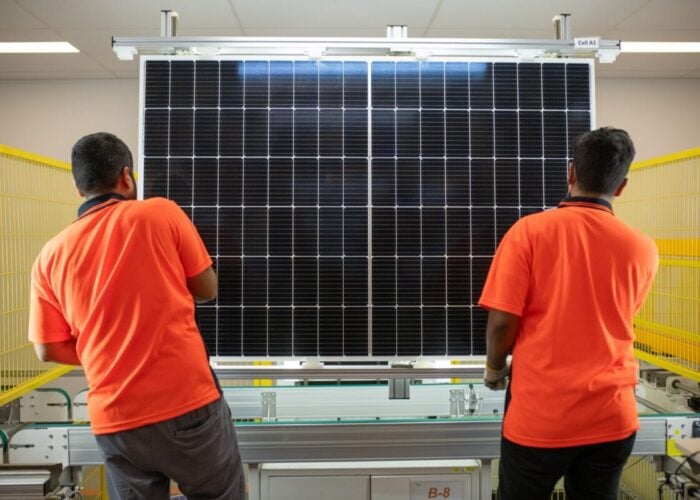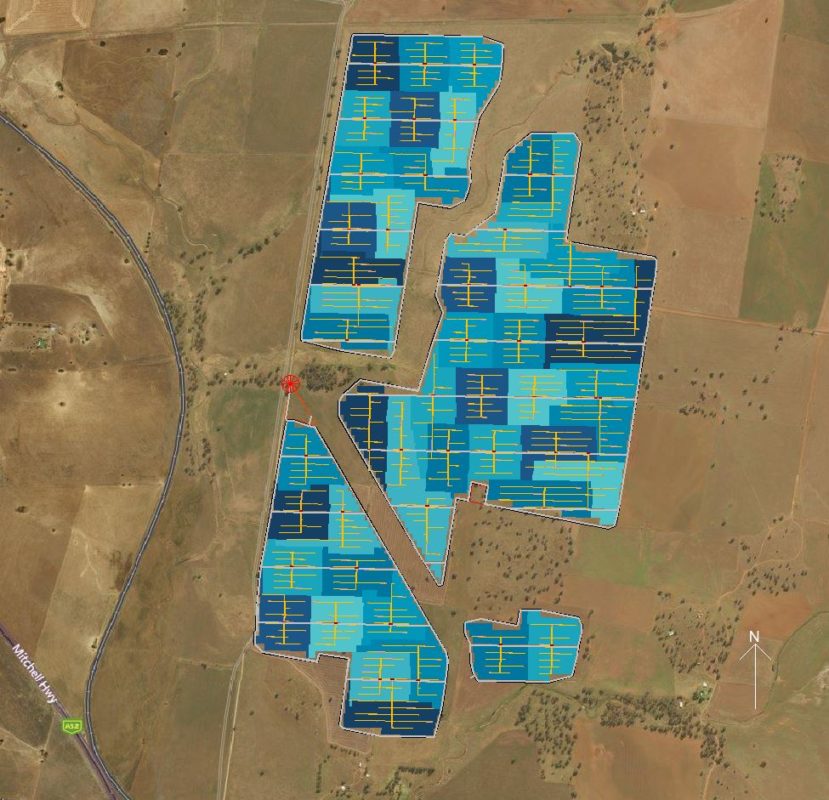
Germany solar developer Wirsol Energy has received development approval for its Maryvale solar and energy storage project in New South Wales (NSW) by the NSW Department of Planning, Industry and Environment.
Located near to the city of Dubbo, the co-located project will consist of roughly 235MW of solar PV, combined with 190MWh – 270MWh of energy storage in the form of a lithium-ion battery energy storage system (BESS).
Try Premium for just $1
- Full premium access for the first month at only $1
- Converts to an annual rate after 30 days unless cancelled
- Cancel anytime during the trial period
Premium Benefits
- Expert industry analysis and interviews
- Digital access to PV Tech Power journal
- Exclusive event discounts
Or get the full Premium subscription right away
Or continue reading this article for free
The project has now received planning approval and has submitted a grid connection request. It is expected to start construction in late 2023, with commercial operations beginning in early 2025. It will also employ dual land use methods with sheep grazing planned for the site post construction.
Wirsol said “huge changes” to Australia’s National Electricity Market (NEM), which sees transitional arrangements put in place to allow the registration process to occur for projects which combine renewable energy generation with energy storage, allows renewable energy generators to evolve into hybrid plants, which are more suited to Australia’s energy demands.
“The pairing means that the plant’s output into the grid is fully controllable, ensuring stability of supply whilst allowing it to bid into markets previously unavailable to variable renewable energy plants,” Wirsol said in a statement.
Elected to power in May, Australia’s new Labor government has formally raised the country’s 2030 emissions reduction target to 43% below 2005 levels – up on the previous government’s goal to slash emissions by 26-28% – as it aims to increase renewables penetration in the National Electricity Market (NEM) to 82% by 2030.
PV Tech Premium has examined what the election results means for the country’s solar sector as the country’s new government vows to unlock renewables investment, upgrade the grid and bring federal policy more in line with states and territories.
And, just last week, the Australian federal government proposed legislation that will lock-in Australia’s commitment to achieve net zero by 2050 as well as providing greater oversight and accountability over progress on climate change in a sharp departure from the previous administration.

